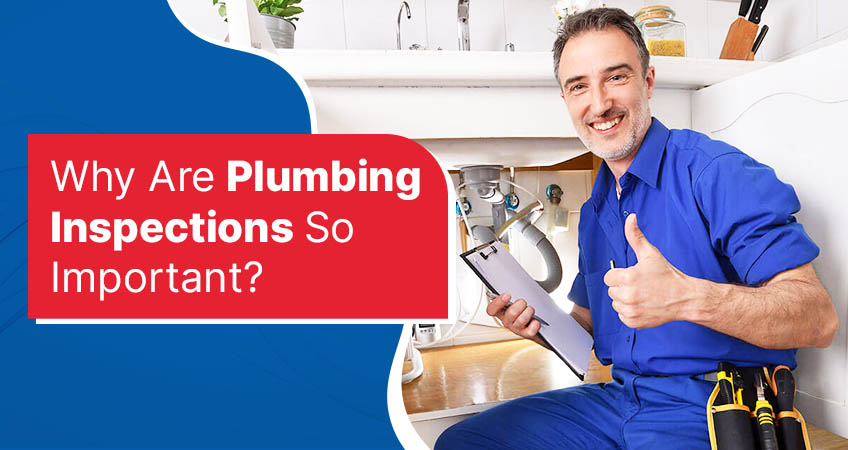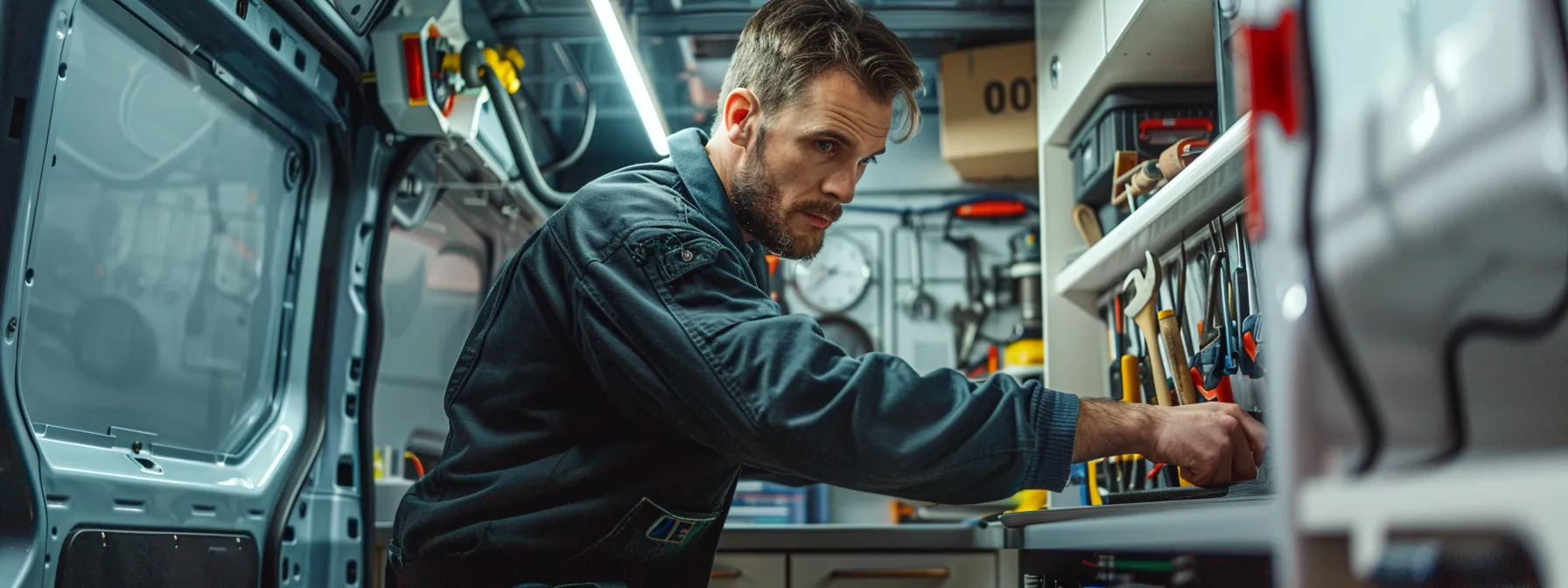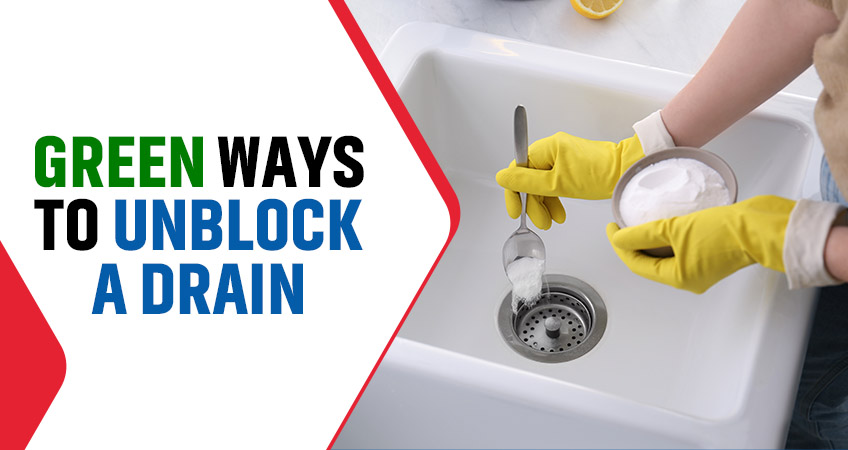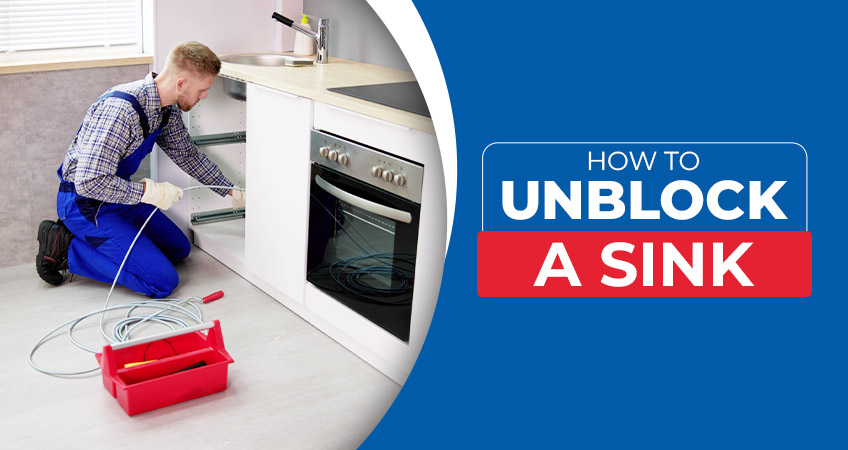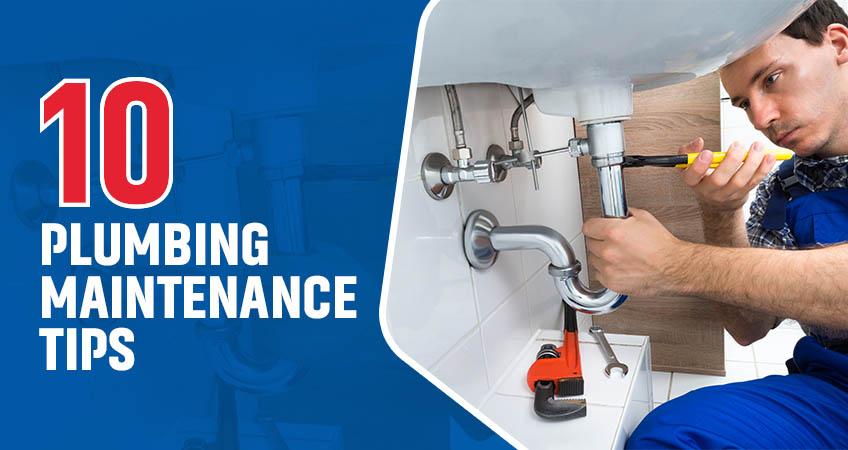If you’re a homeowner, prospective buyer, or investor, you know how essential it is to maintain a property. But while you may prioritise regular maintenance for your roof or HVAC system, how often do you think about your plumbing? A plumbing inspection is not just about fixing leaks. It’s a proactive measure that can save you from expensive repairs and unexpected headaches down the line.
If you’re curious about what happens during a plumbing inspection—or why you should prioritise one for your home or investment property—this blog will cover everything you need to know.
What is a plumbing inspection?
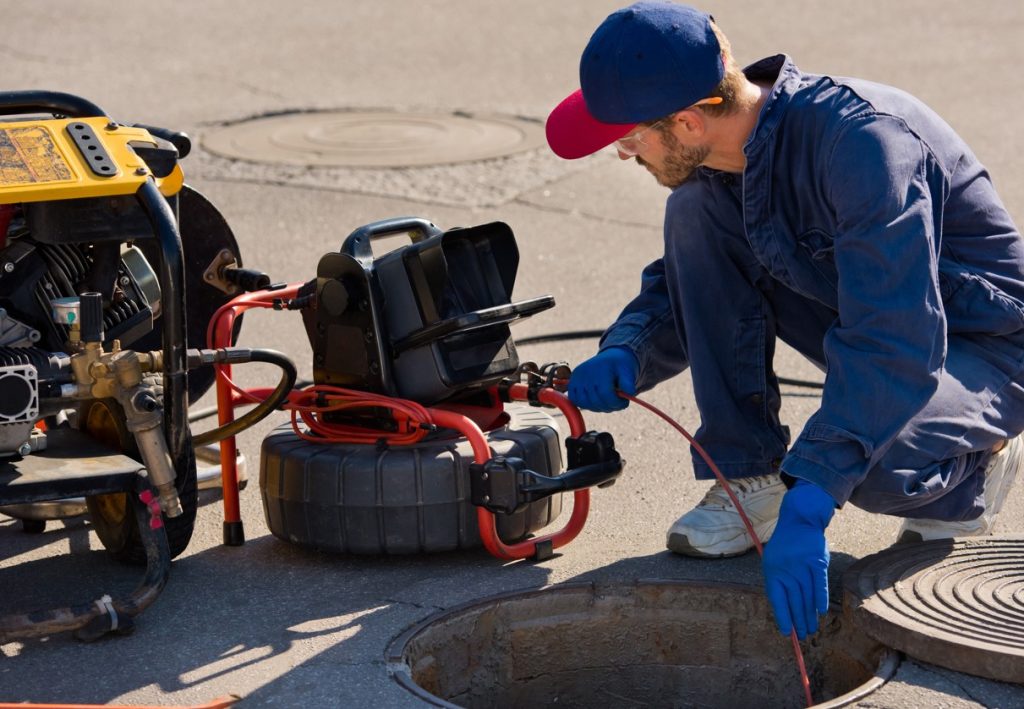
A plumbing inspection is a thorough examination of your plumbing system, conducted by a professional plumber. Its primary purpose is to assess the condition of your pipes, fixtures, and water flow, identifying any current or potential problems.
Think of it as a “health check” for your plumbing. Just like you would get an annual health exam to stay on top of your well-being, a plumbing inspection ensures every element of your water system is running smoothly and safely.
Whether you’re experiencing visible issues like slow water drainage or simply looking for peace of mind, a plumber inspection can provide an expert overview and detailed plumber report on the state of your plumbing.
Who needs a plumbing inspection?
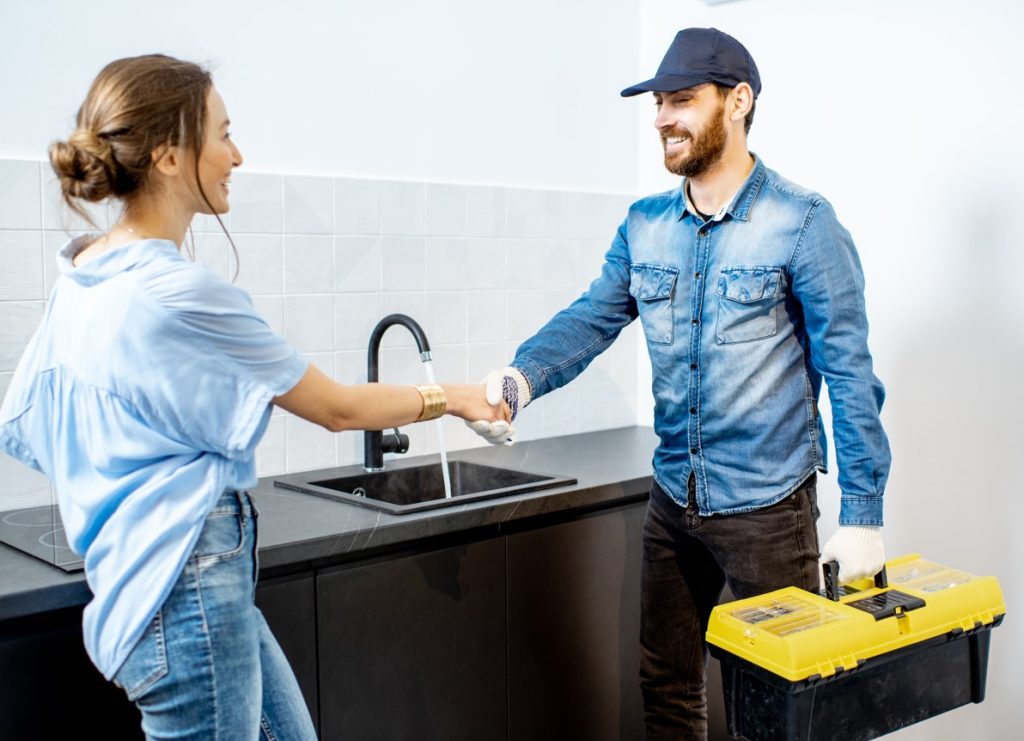
Homeowners
Plumbing issues can arise unexpectedly, even in well-maintained homes. Scheduling regular inspections ensures your plumbing system is functioning properly and reduces the risk of costly surprise repairs.
New buyers (pre-purchase plumbing inspection)
Buying a home is one of the largest investments you’ll make, so it’s essential to know what you’re getting into. A plumbing inspection is a must-have for new buyers, ensuring that expensive issues—like leaky pipes or an outdated system—don’t catch you off guard after closing.
Real estate investors
Investors often purchase multiple properties, relying on them as income sources. A faulty plumbing system could mean significant financial losses. Routine inspections can safeguard your investment and your returns.
Property managers
For those maintaining rental properties, regular plumbing surveys help ensure your tenants are happy and safe while preventing emergency repairs that could hit your bottom line.
What does a plumbing inspection include?
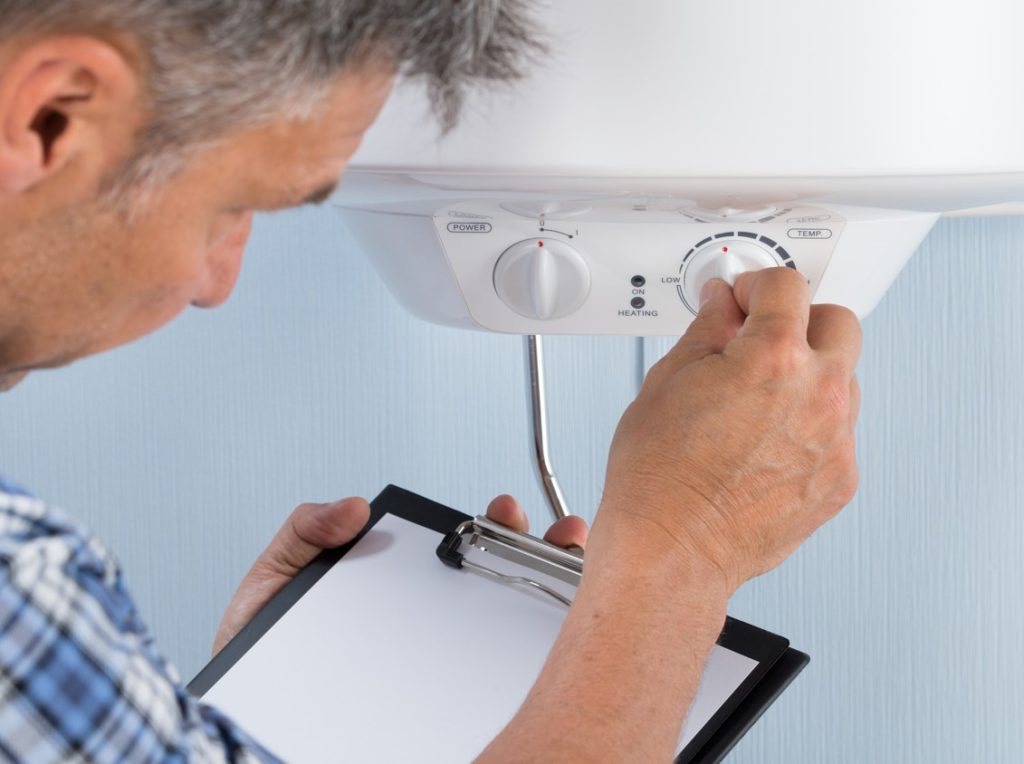
During a plumbing inspection, professional plumbers will assess a range of components to ensure everything is in top shape.
Here’s a plumbing inspection checklist of what’s typically included in the process:
- Checking pipes and fittings. A thorough examination identifies weak spots, rust, leaks, or damage that could worsen over time.
- Assessing water pressure. Your plumber will test water flow to ensure your property has consistent, safe water pressure.
- Inspecting drains and sewers. Blocked or damaged drains can cause flooding or backflow. Inspections catch these issues early. Visual and camera inspections are often used conjunctively to locate the location and impact of a blockage or issue on your home’s plumbing most effectively.
- Examining water heaters. A plumber will check for leaks, corrosion, and overall functionality so that you’re not left with an unpleasant cold shower.
- Leak detection. A plumber will use advanced tools to identify hidden leaks that could otherwise go unnoticed.
Once the assessment is complete, you’ll receive a comprehensive plumber report, detailing current issues as well as recommendations for future care.
What’s not included when you get your plumbing inspected?
A plumbing inspection is a thorough evaluation, but it doesn’t include all aspects of your property’s water system.
Must Read: Plumbing Cost in 2025
Here are some items that typically fall outside the scope of a plumbing inspection:
- Sewer line inspections: While plumbers will inspect drains and sewers, they don’t assess sewer pipes leading to your property. If you’re concerned about potential issues with this component, consider scheduling a separate sewer line inspection or contacting your water supplier.
- Water quality testing: A plumbing inspection primarily focuses on functionality and efficiency; it does not include testing for contaminants or pollutants in your water supply.
- Septic tank inspections: For homes relying on septic tanks, additional inspections may be necessary
- Plumbing repairs: While a plumber may identify areas needing repair during an inspection, the actual repairs are generally not included in the inspection process (or cost). Once issues are identified, you can choose to schedule additional services with your plumber as needed.
How to prepare for a plumbing inspection
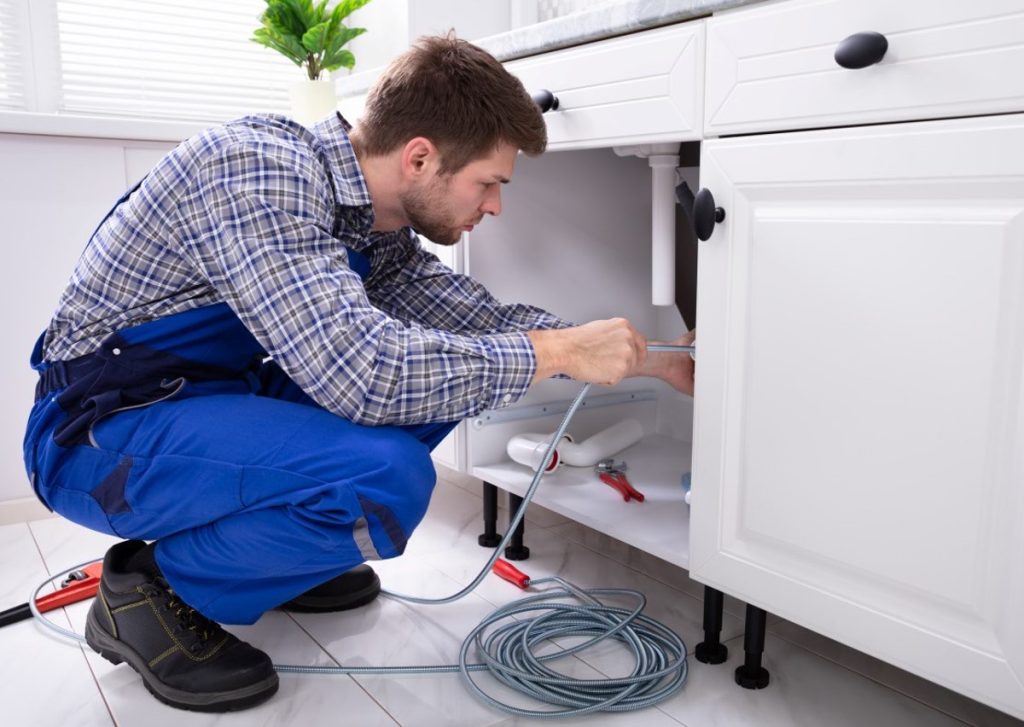
To make your plumbing inspection as efficient as possible, a bit of preparation is helpful. Here are five steps to get ready before the plumber arrives:
- Clear access to plumbing fixtures. Make sure sinks, water heaters, or access panels aren’t blocked by furniture or clutter.
- Locate the main water shutoff valve. Your plumber may need to access this during the inspection, so knowing where it is will save time.
- List any issues or concerns. Are there specific problems you’ve noticed, like slow drainage or unusual noises? Share these with the plumber in advance.
- Be available for questions. Your plumber may need to discuss findings with you during the process, so being present will keep the inspection running smoothly.
- Take notes. Jot down any advice or tips the plumber provides so you’ll have a clear action plan after the inspection.
These small steps ensure a seamless inspection and maximise the value of your plumber’s expertise.
How your plumbing system benefits from an inspection
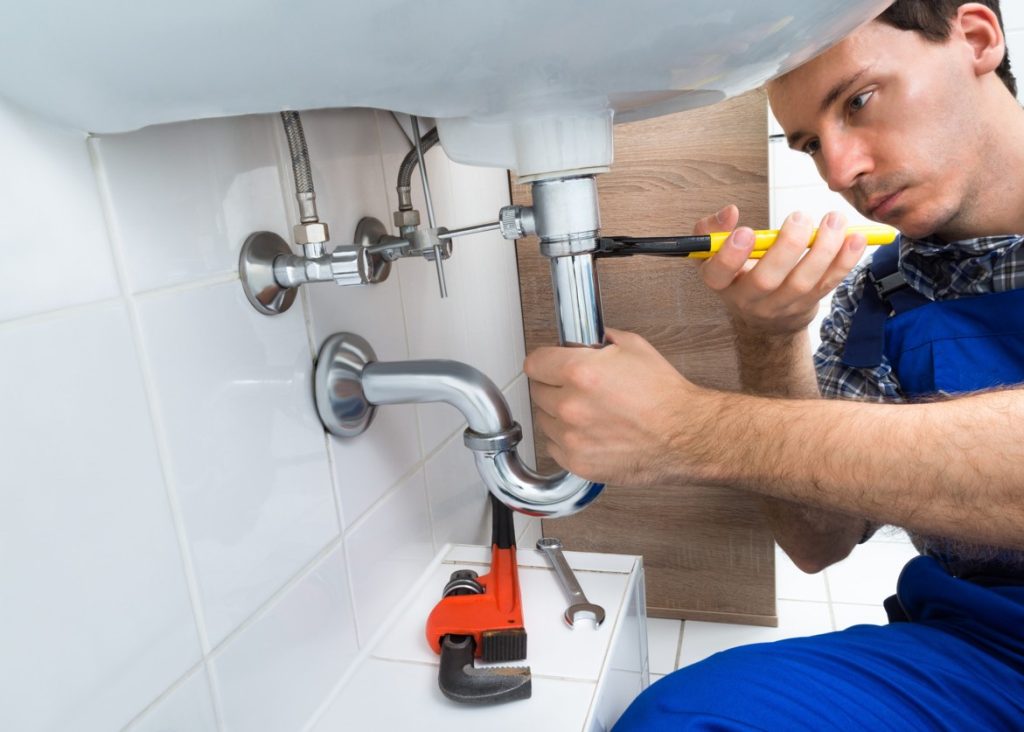
There are many reasons to schedule regular plumbing surveys for your home or property. Each one offers significant savings, peace of mind, and long-term value.
Early detection of issues
When left unchecked, minor plumbing problems—like small leaks—can turn into costly repairs. An inspection helps identify these problems before they become major inconveniences.
Improved water efficiency
Leaky fixtures or inefficient systems can drive up your water bill. After an inspection, you’ll be able to address these inefficiencies, saving water and money.
Increased property value
Whether you’re maintaining a rental property or preparing to sell your home, a plumbing system in top condition adds to your property value and appeal.
Peace of mind
Knowing your plumbing system has been inspected by a qualified professional offers peace of mind, especially if you’re a new homeowner or dealing with an older property.
Plumbing inspection cost
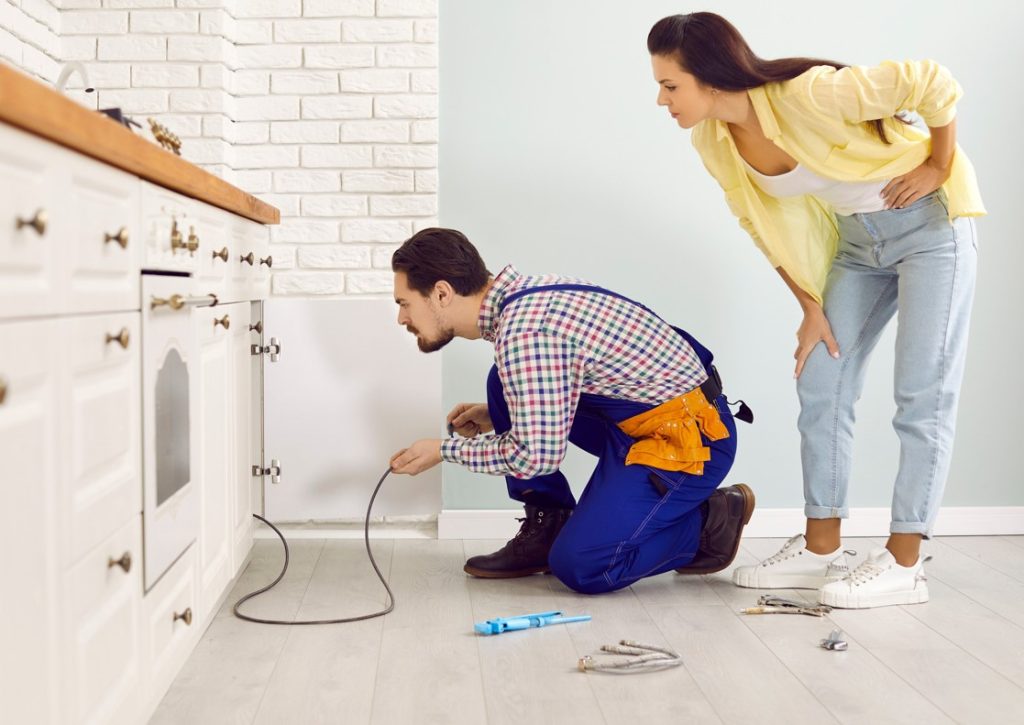
The cost of a plumbing inspection in the UK in 2025 typically varies depending on the size of the property and the extent of the inspection required.
On average, homeowners can expect to pay between £100 and £300 for a comprehensive plumbing inspection.
Basic checks on smaller properties may cost less, while larger homes or more detailed evaluations can be on the higher end of this range. It’s always a good idea to get quotes from a few reliable professionals to ensure you’re receiving a fair price.
Don’t ignore your plumbing—schedule a professional plumbing inspection with Plumbernow today
Plumbing inspections aren’t just about addressing today’s problems—they’re about future-proofing your home and investments. From preventing costly repairs and plumbing emergencies to improving your property’s efficiency and reliability, the benefits of regular plumbing inspections far outweigh the costs.
At Plumbernow, our team of skilled plumbers is dedicated to providing detailed, professional assessments of your plumbing system. We’ll walk you through the entire process and ensure you have a detailed report and clear plan of action to keep your plumbing in excellent shape.
Contact us today to explore more of our plumbing services or schedule your comprehensive plumbing inspection and experience the difference and peace of mind that only a professional, qualified plumber can bring.

